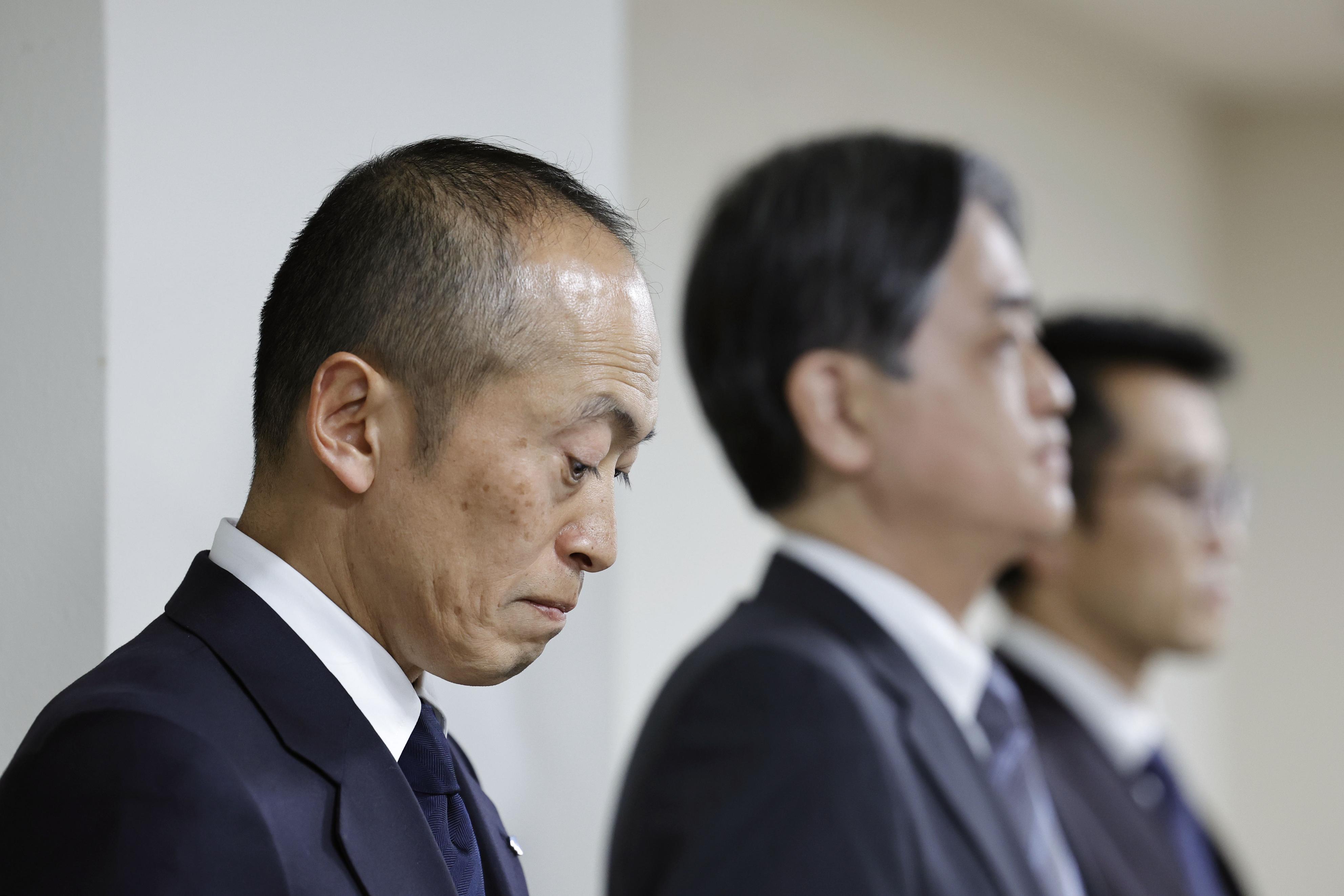
(Photo: Xinhua)
Since March 2024, the number of people dead and hospitalized in Japan due to the health damage caused by Kobayashi Pharmaceutical's dietary supplement containing benikoji has been increasing.
In search of the trigger for the health issue, the Japanese Society of Nephrology recently took samples of problematic products and investigated 95 patients, then announced the results on April 9th. It shows that the disease can be considered as Fanconi Syndrome (FS), a rare renal tubular dysfunction disease that blocks the recycling of substances necessary to the body.
In January 2024, several doctors in Japan wrote to the company, suggesting that some of their consumers suffered from health damage. Two months later, the company declared that there had already been thirteen consumers with kidney diseases, and they urgently recalled three kinds of products containing benikoji. According to the Ministry of Health, Labour and Welfare of Japan, 236 consumers have been hospitalized, and 5 consumers have died by April 17th.
As the issue has focused on benikoji, what exactly is it? Benikoji is a bright reddish-purple fermented rice with multiple uses in diverse areas, including wine-making, medicinal uses, and dietary supplements. And as reported by Kobayashi Pharmaceutical, the ingredient in its faulty products that may cause problems might be Puberulic Acid.
The Safety Hazards of the FFCLabeling System AreExposed
The Kobayashi Pharmaceutical benikoji health products incident has brought the FFC (Foods with Function Claims) labeling system to the forefront of public opinion, resulting in numerous criticisms and calls for system reform.
Dating back to 2013, Shinzo Abe proposed in his speech: "Remove the ban on function claims of health foods." Then, in 2015, the FFC labeling system was introduced as part of the third arrow of Abenomics to achieve economic development through deregulation. Under this system, manufacturers of FFC products only need to submit scientific evidence consistent with their claimed functions to the Consumer Affairs Agency under the Cabinet Office of Japan for filing before going on sale, without requiring approval from Japanese government departments.
The approach of deregulation has indeed attracted many manufacturers. According to research by Fuji Keizai, the functional food market size was 686.5 billion yen in 2023, an increase of 19.3% over the previous year. Its scale was more than three times that of 2018. However, the combination of a huge market size and relatively loose regulatory mechanisms may lead to negligence in safety inspections by relevant parties.
"This is a system for the economy, not for the benefit of consumers. The flaws of this system have been exposed, leading to a lag in safety," said Mitsuki Morita, a consumer affairs adviser at the Consumer Affairs Agency's review meeting.
She also pointed out: "Consumers expect functionality when buying products, although the scientific basis has been disclosed, it is not easy for consumers to understand. Some foods with function claims have weak evidence for their safety and functionality. Moreover, depending on how they are marketed, they may pose a health hazard."
Furthermore, the Japan Federation of Bar Associations emphasized that it is inappropriate to leave function claims to manufacturers' discretion and explained various problems in the system. For instance, there is no mandatory safety and quality assurance system.
After the incident was exposed, the Japan Consumer Affairs Agency paid attention to the safety hazards of the FFC labeling system. It not only conducted an overall investigation of about 1,700 manufacturers involved in nearly 6,800 registered products but also decided to set up an expert review committee to review the system. It plans to formulate instructions to improve the system by the end of May.
The Future Impact of the Incident
As a century-old pharmaceutical company, Kobayashi Pharmaceutical Co. has maintained consistent growth in net profit for the past 26 years. According to the National Business Daily, it is reported that in the fiscal year ending on December 31, 2023, Kobayashi Pharmaceutical's net sales increased by 4.3% year-on-year to 173.4 billion yen, and its net income increased by 1.6% year-on-year to 20.3 billion yen. Approximately 75% of its net sales came from Japan.
And what will happen to this large company in the future? Firstly, from an economic perspective, the benikoji event will bring an end to the continuous net profit growth. This is because the large number of recalled supplements containing benikoji will incur high costs for the company. National Business Daily reported on March 30, 2024, that the cost of Kobayashi Pharmaceutical's recall was expected to be 1.8 billion yen, and it may rise further in the future. Since the announcement of the voluntary recall of the supplements on March 22, the share price of Kobayashi Pharmaceutical has fallen by almost 20%.
Secondly, the crisis might reduce consumer trust, which will be difficult to rebuild in a short time. There has also been a crisis of shareholder distrust within Kobayashi Pharmaceutical. The Asahi Shimbun reported that shareholders criticized the company's slow response in issuing the recall. Furthermore, the subsequent effects on consumers are also noteworthy. Due to the severity of this incident, many people are very concerned about the safety of supplements in the market. On the one hand, people may reduce their purchases of related supplements. On the other hand, this incident will raise people's risk awareness to some extent, making them realize that healthcare products are not exactly the same as medicine.
With the continuous development of international trade, the benikoji "turmoil" has also had a certain impact on international trade. For example, to protect people's health and ensure food safety, the entry requirements for goods may be raised, and the supervision mechanism for cross-border e-commerce of medicine may be strengthened.
Author | Qiu Xianyi, Yang Lin, Zhan Manqi
















